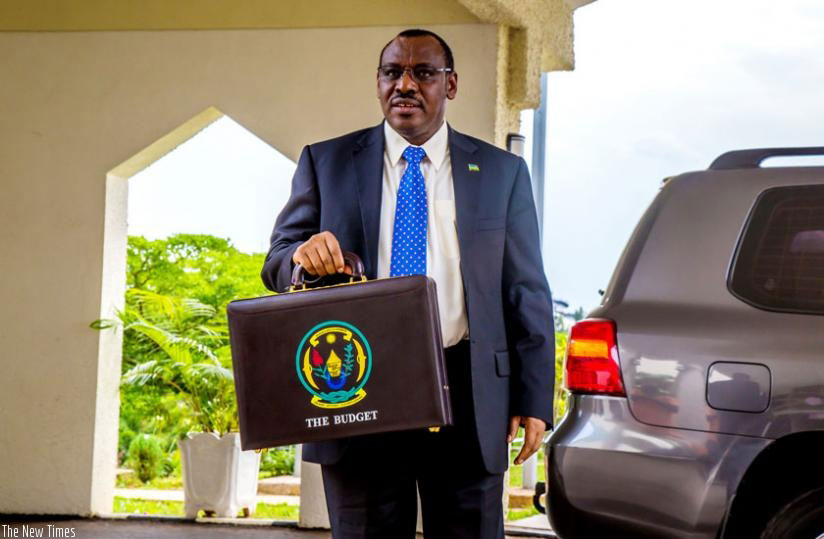Could The New Times please ask for the detailed budget? People have a right to know even the minutiae of what’s happening with their money. Also, Government should re-think about salaries of public officials.


Editor, RE: "Government plans to spend Rwf2 trillion in FY2017/18” (The New Times, April 29).
Could The New Times please ask for the detailed budget? People have a right to know even the minutiae of what’s happening with their money. Also, Government should re-think about salaries of public officials.
Public officials’ salaries are out of control, at least the last time I checked. We need to understand that the wealth of the country should be shared, from ministers to teachers to the well-being of students and other citizens. With a second thought, it should be easy for anyone to realize that if public officials were paid just properly (not too much or too little), there would be enough money to pay "all” other public workers properly as well.
Speaking of salary reforms, Rwanda is one of the most economically unequal countries. I presume better salary reforms would lessen the outrageous inequality gap. If a Kigali Veteran Cooperative Society (KVCS) worker who works 14 hours were paid just fairly, we would see more people getting up from under the poverty line. We would see more aggregate demand and thus more economic activity than if someone was overpaid to only save the surplus, which nobody but them and banks benefit from. For that matter, I speak for all underpaid Rwandans and for the future of Rwanda.
We should increase our spending on education sector. The education sector spending should be done very carefully though. Expenditure on education should be about implementing a clear-cut set of policies based on evidenced research on building efficient education systems.
If we will be able to have better educated and trained college graduates, we will inevitably thrive in manufacturing locally. Until then, we will spend huge amounts of money on Made-in-Rwanda. Even with all that toil and sweat, Made-in-Rwanda will see its limits because there has never and will never be a strong manufacturing sector without R&D.
How do you get R&D? Give people better education starting from primary schools to colleges.
2050 might sound like a distant future, but hey 2020 is catching up and we obviously won’t have achieved a knowledge-based economy that we dreamed of by then. Luckily for us though, we have 2050. So time to start is now.
It’s my hope that I will live by the year 2050 to see a knowledge-based economy and an economy that will not be as unequal as it is now. Cameo


